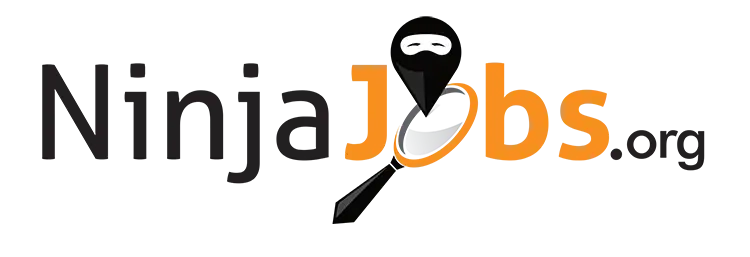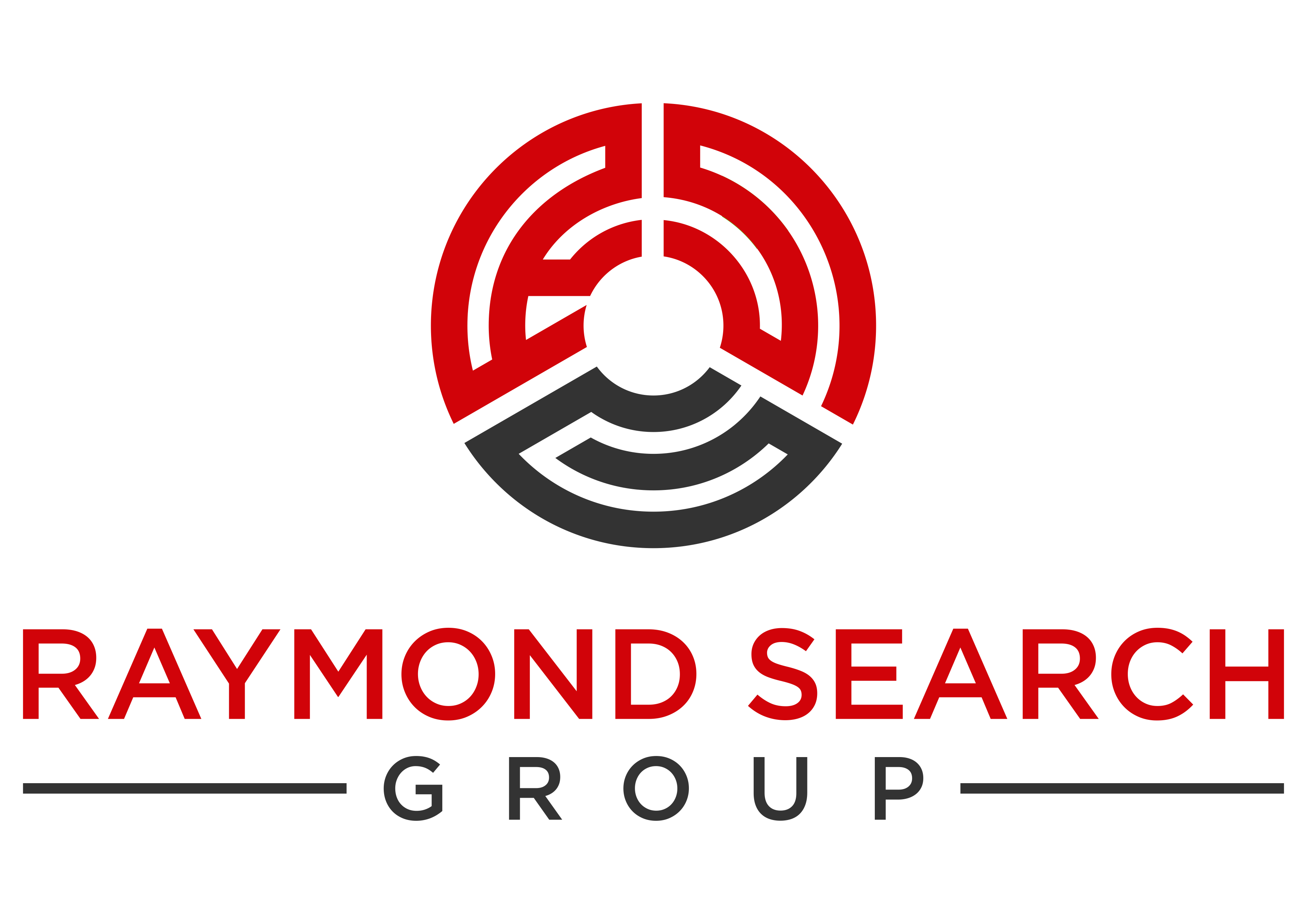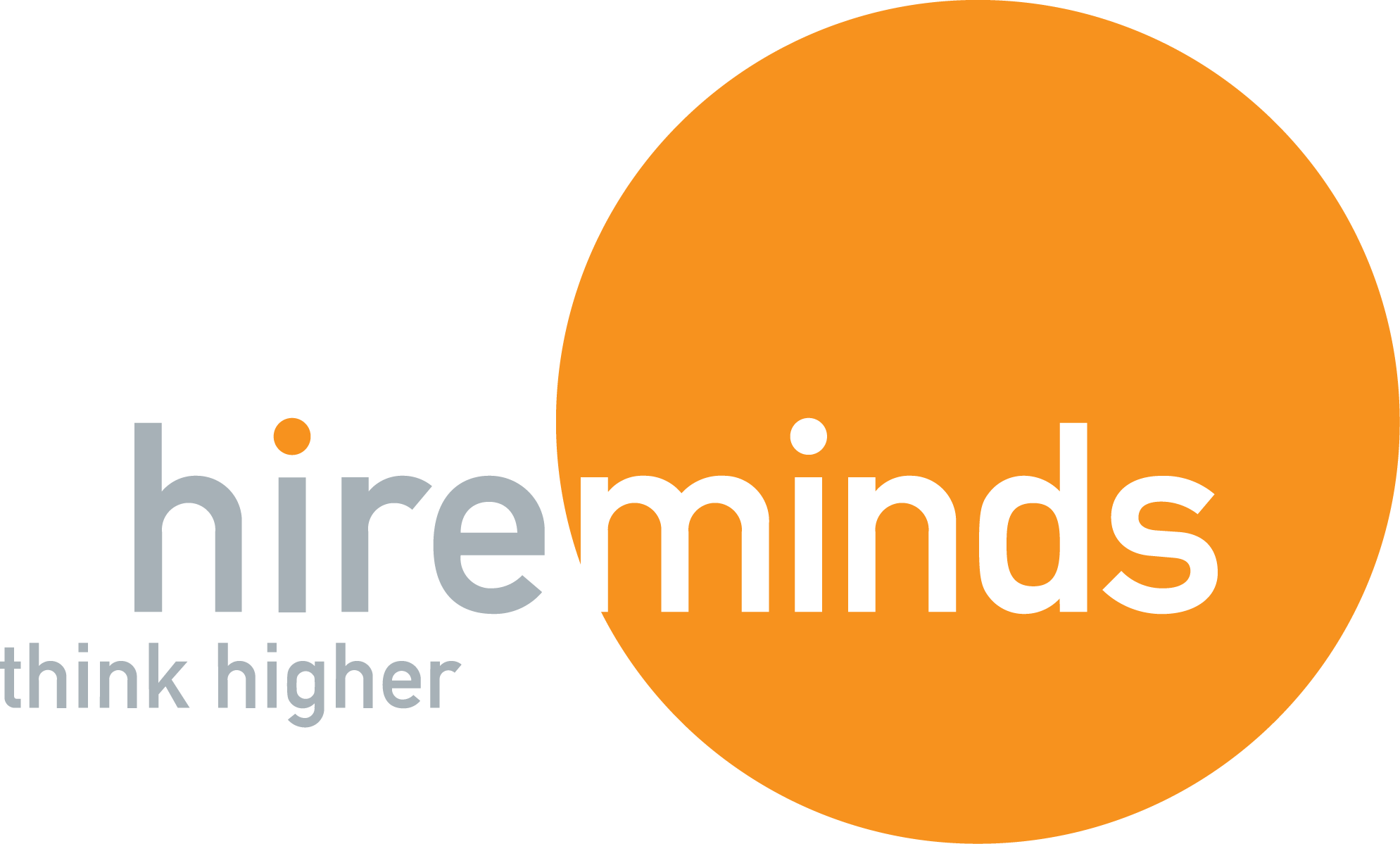
July 27, 2016
By Christy Fox, Marketing Specialist
You have a job interview coming up and you’re beginning to prepare by planning your outfit, confirming the time and place, and printing out resumes, cover letters, and reference sheets. More importantly, you start to think about the questions that will be asked and how you should answer. No matter how many interviews you have been on, it is likely that the first thing you do is type “interview questions” into Google to refresh your memory on the common questions and the best way to answer. Odds are, you’ll have an idea on how to answer these questions, but do you know why they’re being asked and what the interviewer is really trying to find out?
Take a look at these 5 common questions, why interviewers are asking them, and good approaches to giving the best answers possible.
Tell us about yourself.
This prompt often happens at the very beginning of the interview. At first glance it seems self-explanatory why an interviewer would ask this, but normally this question is more important than you might think. This is the opening for you, as an interviewee to make a great first impression as well as the chance to show how your background is relatable to the position. It is a good idea to show the interviewer that you are qualified right from the start.
Do:
- Keep the answer concise so you don’t bore the interviewer
- Relate your background to the details of the position
Don’t:
- Don’t get too personal
- Don’t just list off what is already on your resume
What are your strengths?
Commonly used to gauge confidence, and again, see how you align with the position as a candidate, interviewers ask this question to identify what you are good at and find out if you will do well in the position. Always think about this question before your interview and make sure that you are prepared with strengths to offer that show you will excel in the position. While you may have many strengths, be sure to pick the strengths that are most relatable to the job.
Do:
- Provide short examples of your strengths in action with recent accomplishments or positive results
- Be confident when discussing your talents
Don’t:
- Don’t pick a strength that is irrelevant to the position
- Don’t be too vague – be able to elaborate
What are your weaknesses?
This might be one of the tougher common interview questions. Even more important than the actual weakness, employers will pay attention to how you handle this question. As you may know, while it is important to give an actual weakness you have, you also have to tell the interviewer the ways in which you improving upon it or how you are overcoming the weaknesss. Try to decide on a weakness that won’t directly ruin your chances at the job, but make sure to be honest.
Do:
- Try to turn what may be perceived as a negative into a positive
- Talk about what you are doing to improve
Don’t:
- Don’t make a claim that you have no weaknesses
- Don’t talk about weaknesses that will immediately eliminate you from the job opportunity
Why do you want to work here?
This question gives you an opportunity to show off how much you know about the company you are interviewing for, and how you are the right candidate to fit into the culture. Make sure you mold your answer to project how you can help the employer in this position. Do research on the company, the industry, the company values, financials, and the position to give a knowledgeable answer while adding value to yourself in the eyes of the interviewer. Check out the company’s website, LinkedIn, and other social media channels.
Do:
- Show your interest, while speaking competently on the company and position
- Take a look at company values beforehand and mention if they happen to match up with your personal values
Don’t:
- Avoid giving vague answers such as “I heard it’s a great company.”
- Don’t focus your answer totally on yourself – try to show how you can be valuable to the company
Tell about a challenging situation and how you overcame it.
Most interviewers will ask at least one situational question in an interview. What they’re really trying to find out is how you handle stress, working with others, and how you solve problems. Be prepared with examples of situations you have been in with previous experience and make sure to tell how you solved a problem while remaining professional and calm.
Do:
- Have multiple examples of different situations because this question could vary
- Exemplify how you came up with a solution in the situations logically
Don’t:
- Don’t bring up a difficult situation where you were the cause
It is always smart to prepare for as many different types of questions as possible before going into an interview. For additional interview tips, take a look at our Candidate Toolkit here: https://directrecruiters.com/for-candidates/candidate-tool-kit/





